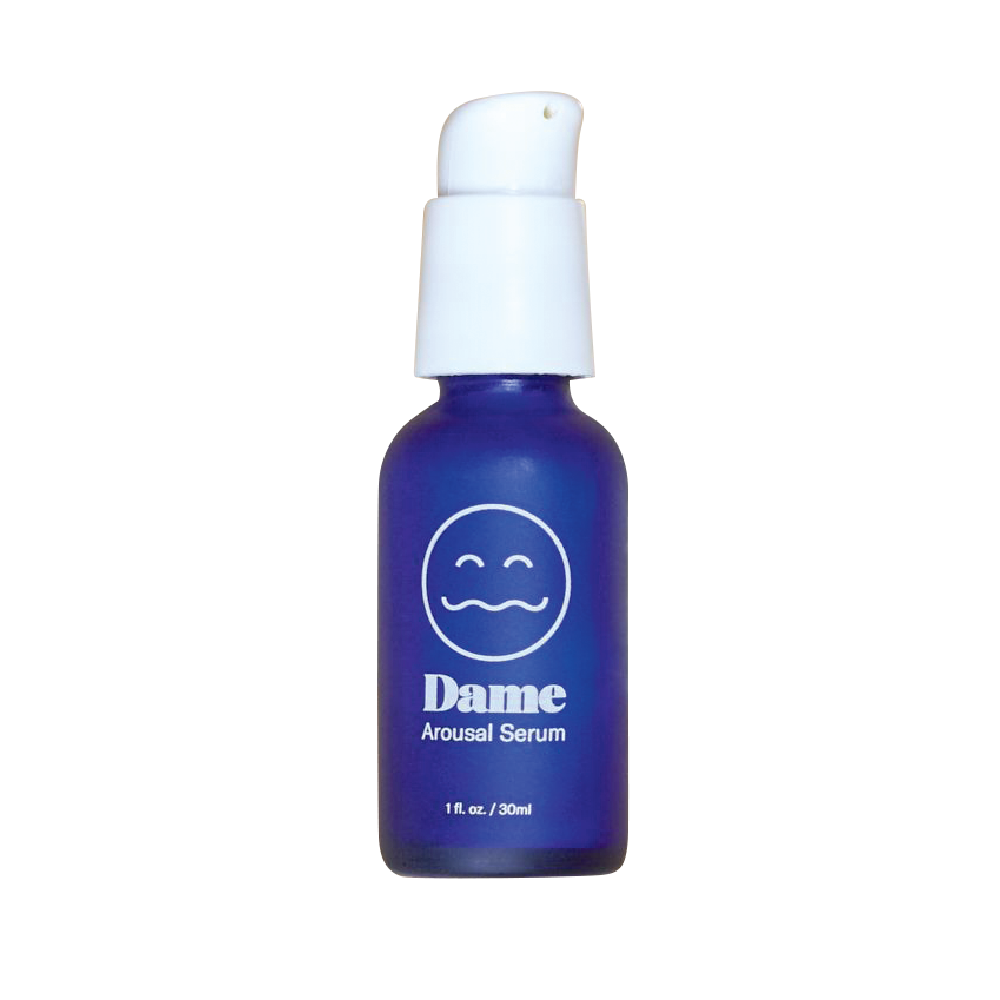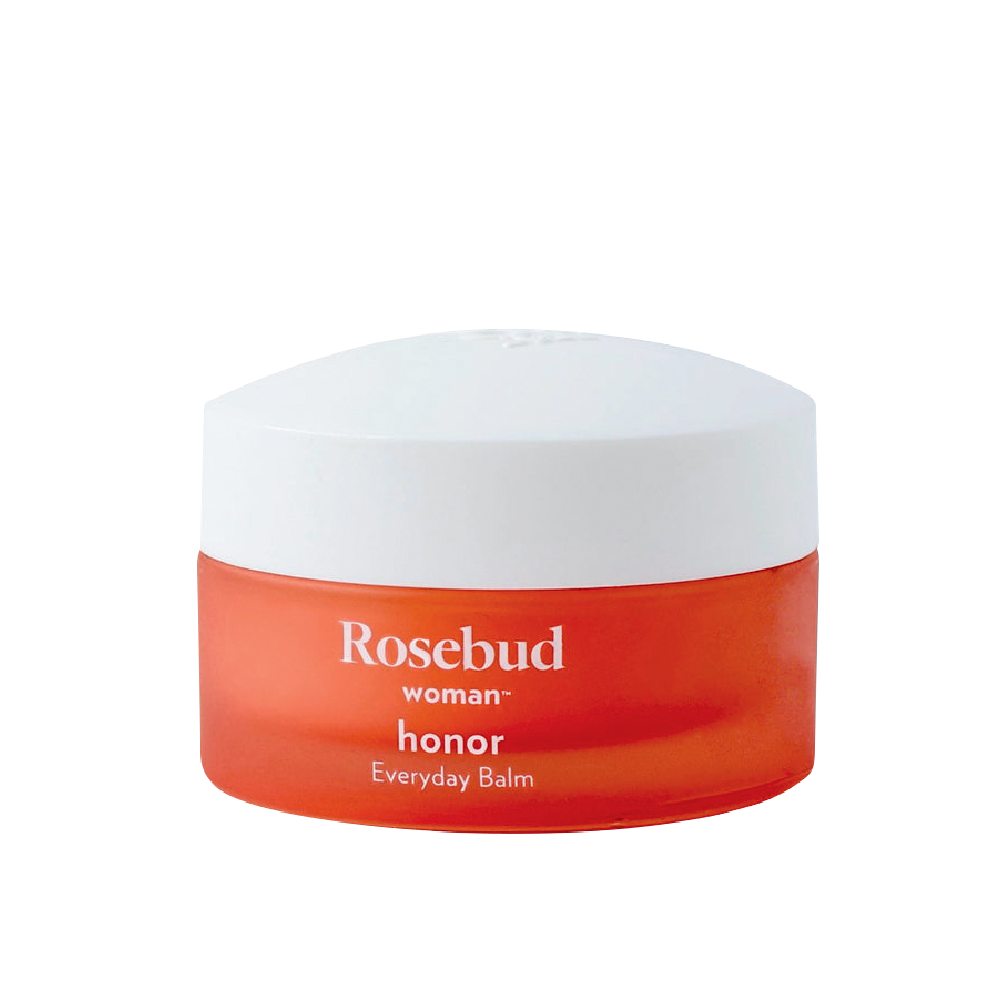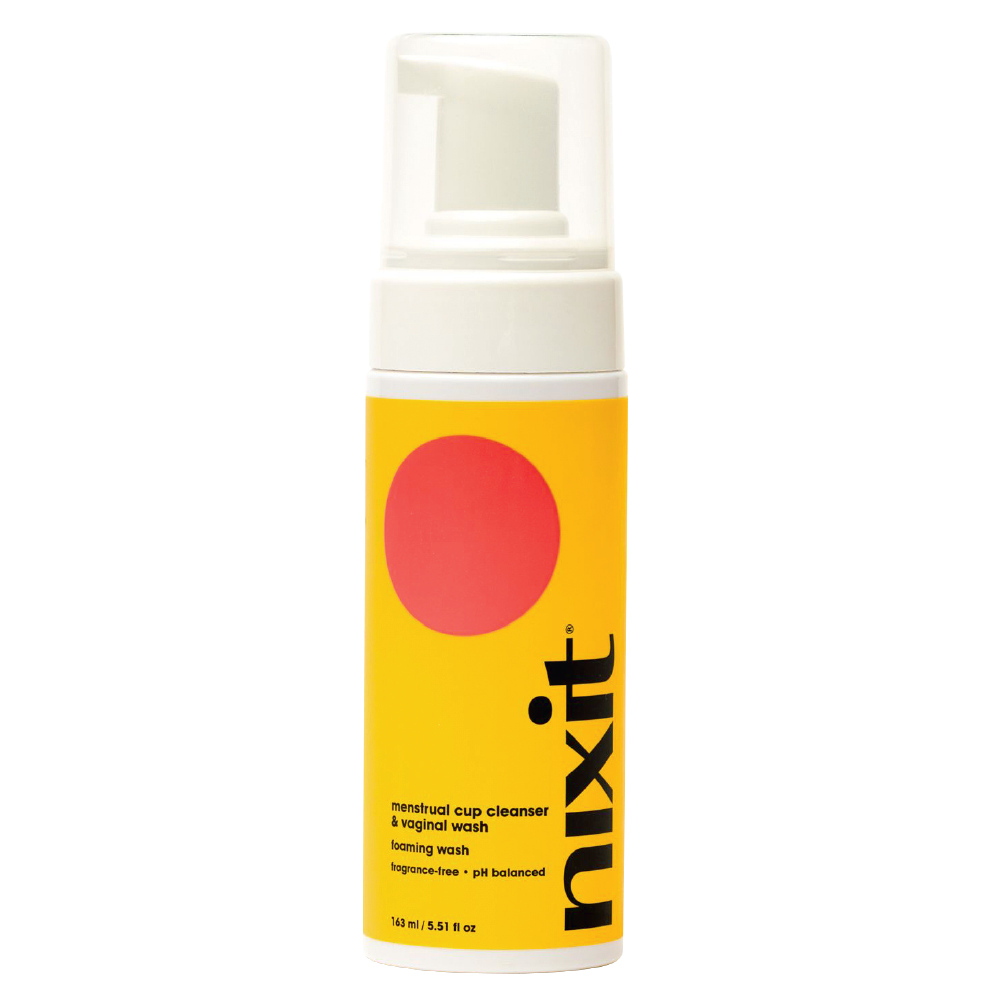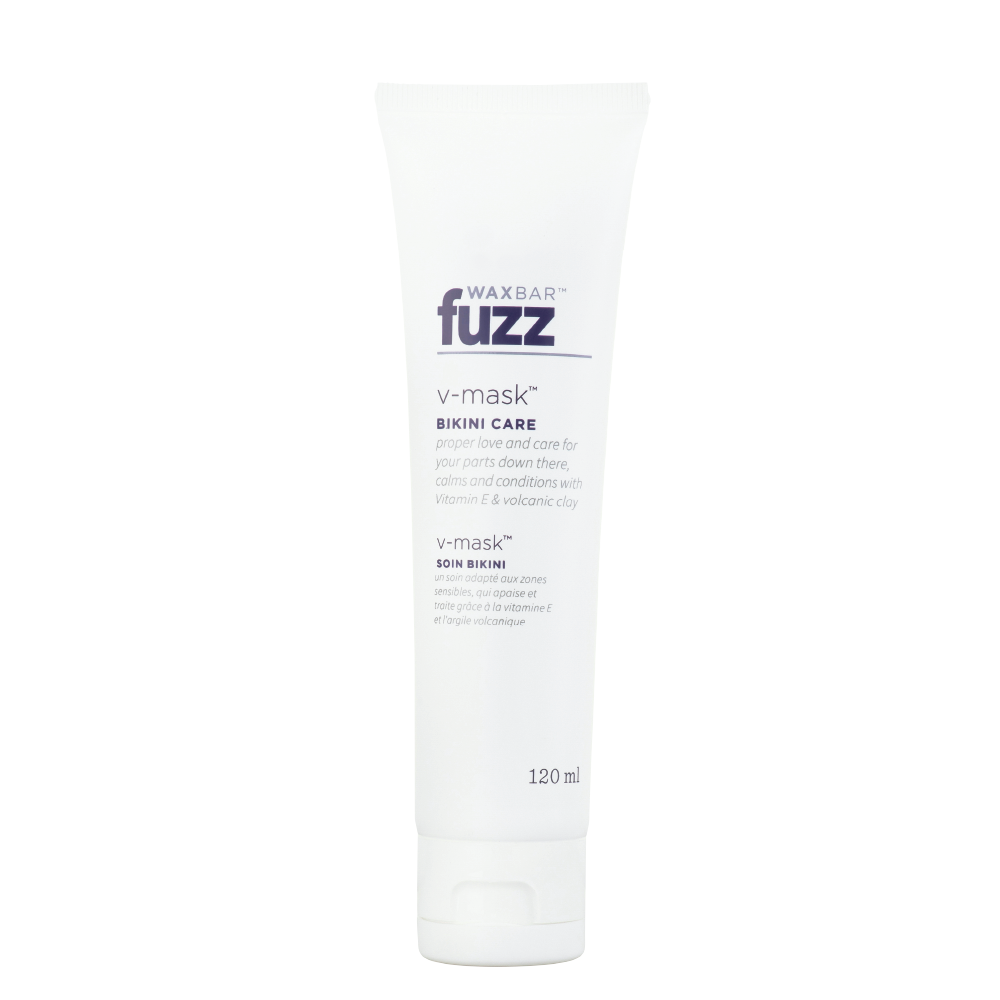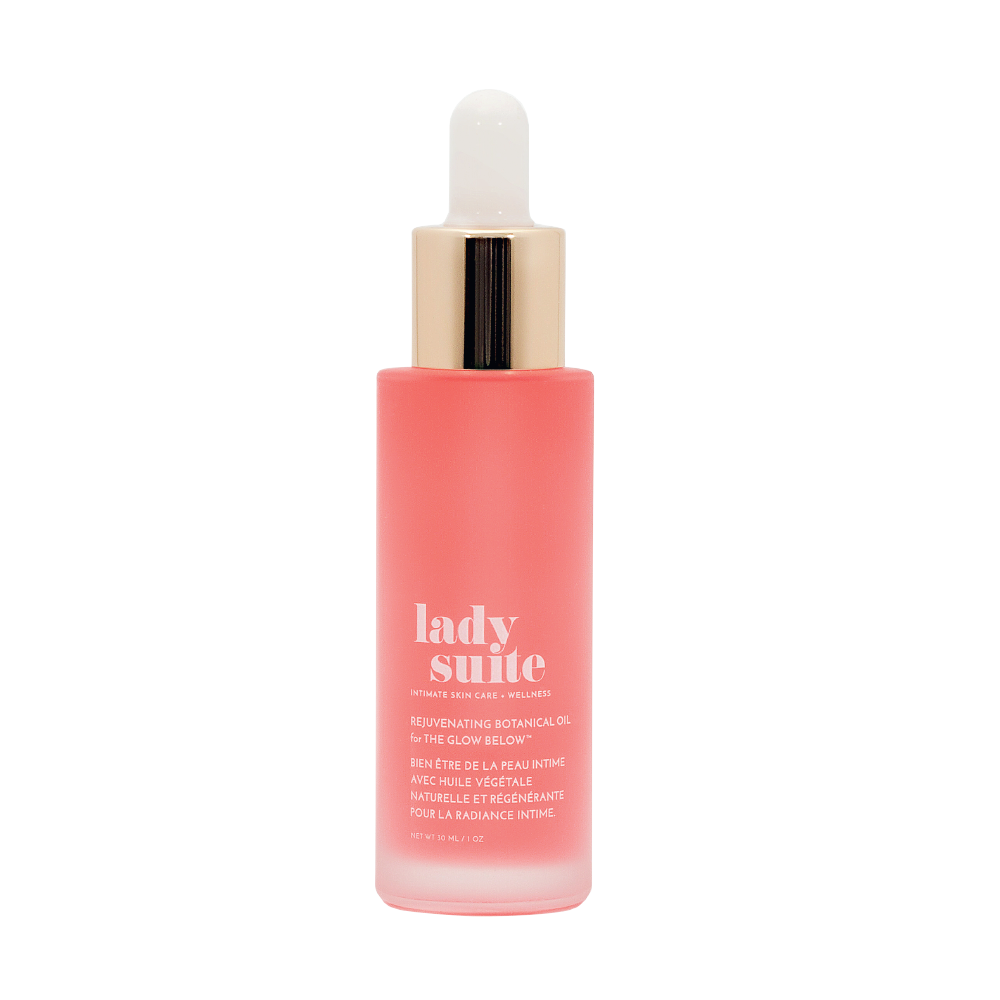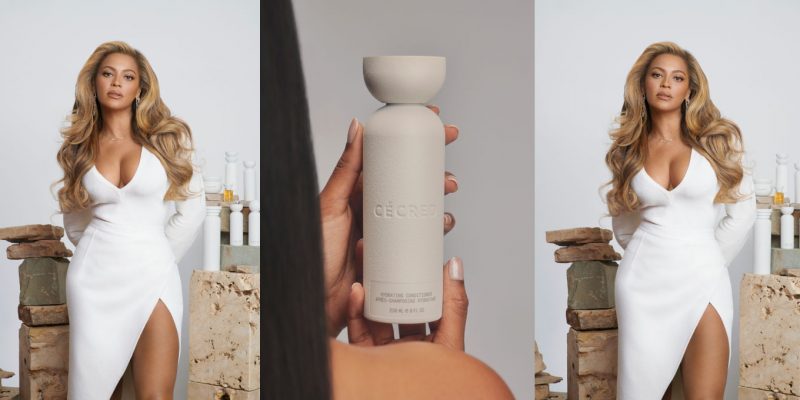Skincare
Every item on this page was chosen by an ELLE Canada writer. We may earn commission on some of the items you choose to buy.
Everything You Need to Know About Vaginal Skincare
Popularity of skincare created for vulvas and vaginas is increasing. But is this new regimen actually good for us?
by : Emily MacCulloch- May 19th, 2022
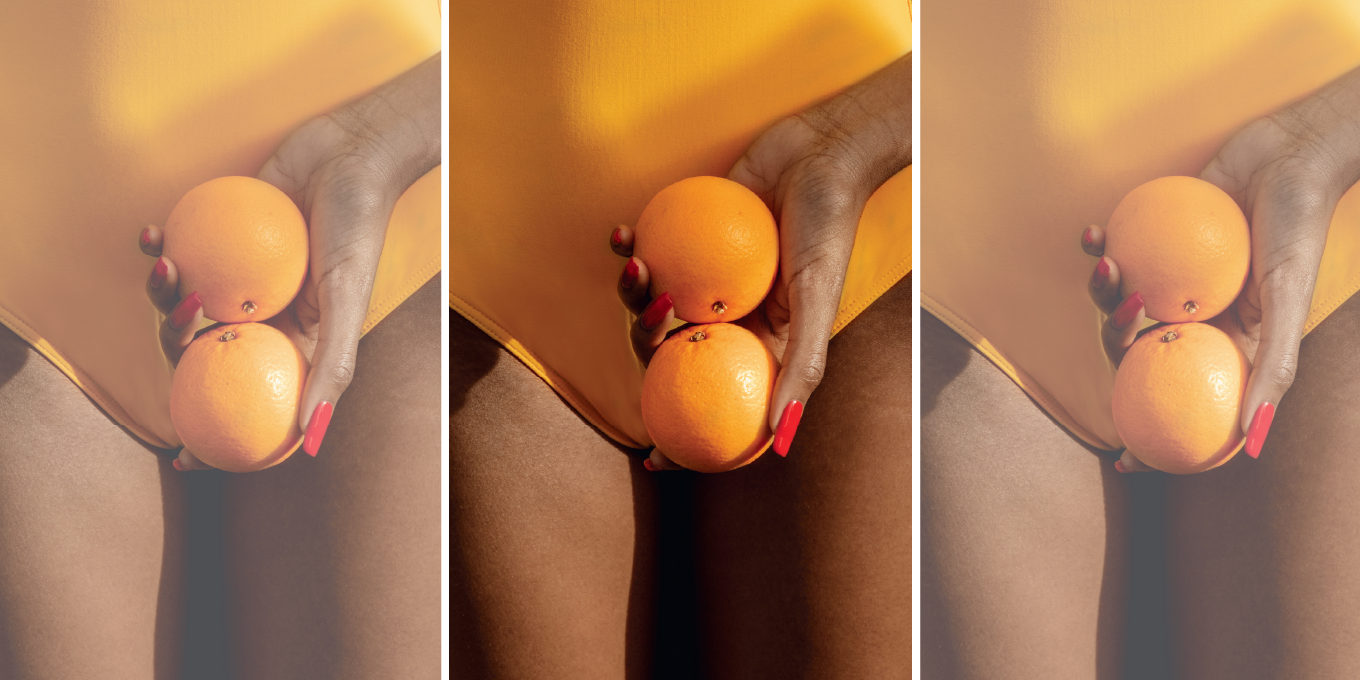
PHOTO: SABINE VILLIARD/TRUNK ARCHIVE
It’s no surprise that the skincare industry is booming. Whether it’s the latest serum to go viral on TikTok or another new celebrity-backed moisturizer, products that promise younger-looking, clearer, softer, less wrinkled, plumper skin equal big bucks for beauty brands. But lately, another area of the body has been garnering the attention of the biz: the vulva.
Not to be confused with the vagina (the canal inside the body), the vulva is the outer female genital area, including the labia and the clitoris. Intimate-care products (typically marketed to cisgender heterosexual women) have gotten a glossy makeover compared to the potions and powders of the past. These days, cheekily named lotions in chic minimalist packaging are proudly on display next to Byredo fragrances and La Mer serums on vanities. With a slew of self-care-angled products to choose from—everything from sheet masks to scrubs to cleansers—skincare specifically created for these intimate areas appears to be gaining in popularity.
This could be because vaginas have been quietly trending over the past few years. According to Nature.com’s IJIR: Your Sexual Medicine Journal, there was a 73.3 percent increase worldwide in labiaplasty (a surgery that alters the size of your labia) in 2019 compared to 2015. Aside from questioning whether vulvas actually need to be beautified (spoiler alert: they 100 percent do not), we should also be asking: Is vulva-targeted skincare necessary? And are these products a way for women to feel empowered or are they just another marketing gimmick to create more shame and stigma around the female body?
“Health or marketing products [to improve your vulva and vagina] are a multi-billion-dollar industry,” says Dr. Amanda Selk, a Toronto-based obstetrician and gynecologist who runs the Vulvar Dermatology Clinic at Women’s College Hospital, is the president of the International Society for the Study of Vulvovaginal Disease for North America and is the host of podcast The Vulva Diaries. “Skincare would be a newer aspect of that, but [products] trying to make [vulvas] smell better and look better aren’t a super-new idea, I don’t think,” she says. Selk sees patients daily at her practice, and while she hasn’t seen an increase in women asking about vaginal skincare, she has seen more general curiosity about the topic on social media recently, which could be one of the forces driving this surge in interest.
Spa treatments like vagina facials, or “vajacials,” are also now available to women who are looking for a different way to practise self-care. Fuzz Wax Bar, a membership-based wax bar co-founded by Jessie Frampton and Florence Gaven Rossavik, offers up its popular V-Facial at locations across Canada. Comprising six steps—including cleansing, extracting and treating—the V-Facial is designed to pamper the vulva one to two weeks post-wax. “We designed a very specific service that would complement waxing down there by soothing and cleansing the skin and preventing superficial ingrown hairs, which in turn helps elevate the waxing experience,” says Frampton. Since launching the treatment, she says there’s been an incredible response from members who love the difference they’ve seen in the health of their skin.
As well as below-the-belt facials, skincare products that promise a smoother, softer, generally happier vulva are filling up beauty aisles. Breaking the mould of traditional intimate-care products is Rosebud Woman, a line of intimate skincare and body-care products founded by Christine Marie Mason, who created the brand after having her own concerns during perimenopause. “Everything for the vulva—sticky lubes and [chemical-laden] femcare—was stuck in the back of the drugstore, and I wanted true skincare with the quality [of something] I would use on my face,” she explains. Formulating and marketing products to women to “fix” their private parts is problematic for obvious reasons, but Rosebud Woman actively rejects the patriarchal idea that vulvas must fit into a certain category to be deemed “normal” or desirable. Instead, it focuses on all stages of a sensual, sexual and reproductive life, cultivating comfort and pleasure that’s free from inherited bias and shame. “People of all genders still have tremendous knowledge gaps and trauma around their bodies and sexuality,” says Mason. This trauma can lead to health issues, a lower quality of life and unsatisfactory sexual experiences. Providing ways for anyone with a vagina to reconnect with and celebrate themselves, the Rosebud Woman lineup has everything from a stimulating serum to a soothing and hydrating balm that doubles as a lubricant.
As intriguing as beautifully designed products that soften vulvar skin are, vaginal skincare isn’t necessary for most women, says Selk. “When you’re premenopausal, the vulva makes its own oils and takes care of itself, generally,” she explains. She adds that some products, like harsh soaps, can actually disrupt the natural skin barrier, which can lead to an increased risk of infection. “It’s often a good idea to leave your vulva be.” She recognizes that if you’re post-menopausal, the skin all over your body may be drier (including the skin around your vagina), so you may want to moisturize, but it doesn’t have to be something specifi c for that area. “Any moisturizer you generally like—if it works on the rest of you, you’re probably going to be okay with using that one,” she says.
Whether or not you have spa appointments or a skincare routine for your vulva really comes down to personal preference, but either way, Selk is a firm believer in normalizing vaginas and vulvas as just other parts of the body. The advice she often gives her patients is decidedly simple: Grab a mirror. “I’m big on ‘check your vulva,’” she says. “Look at yourself and get to know your own body.” She recommends peeking down there once a month, just to make sure everything looks happy and healthy.
If using a non-irritating balm or oil helps some women get more comfortable with themselves, then that’s a positive that can come from this recent spotlight on the vagina. “We see an enormous opportunity to encourage self-love,” says Mason. “By normalizing words like ‘labia’ and ‘vulva’ and speaking to intimate wellness as a personal-care option instead of a sexuality enabler, we’re removing the stigma and pointing to more ease.” Selk agrees that treating your vagina to a little extra care is a good thing. “Your vulva lips and your mouth lips are actually very similar,” she explains. “People are very conscious of being gentle with their face—think of your vulva lips in the same way.”
MUFF MAINTENANCE
Here are a few key tips on giving your intimate parts a little TLC.
Test Is Best
If you have sensitive skin, approach new products with caution. Do a patch test on your hand or on a small area near your vulva before slathering a product all over. This will help avoid any potential irritation.
Go Natural
Dr. Amanda Selk and Christine Marie Mason both recommend sticking to natural oils like coconut, almond and grape seed if you’re looking to tackle dryness. Mason adds that the antimicrobial properties of coconut may cause yeast infections in some women, so take your time to find what works best for your body.
Read Up
Get familiar with ingredient lists. Look out for alcohols and fragrances, which are known irritants that can also dry out the skin.
Hold the Soap
Avoid using any harsh soaps directly on the vulva. “If you feel you need a cleanser, a non-soap [one] is better,” says Selk.
Less Is More
Adopting a routine with multiple steps and products can interrupt the natural flora of your vulva, so a less-is-more mantra is best here.
Newsletter
Join our mailing list for the latest and biggest in fashion trends, beauty, culture and celebrity.
Read Next

Culture
Introducing 2024’s Most Innovative Products, Voted on By Canadians
*Adds to cart*
by : ELLE Canada- May 1st, 2024

Fashion
5 Summer Wedding Guest Outfits We’re In Love With
From country western cool to beachy barefoot elegance, you'll be dressed to the nines all season long.
by : Alison McGill- May 1st, 2024
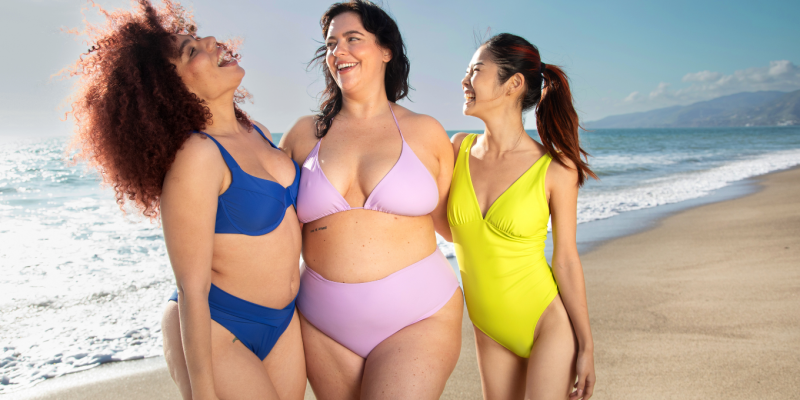
Beauty
Summer Prep: How to Feel Confident in Your Swimsuit
New Size-Inclusive Swimwear: Gillette Venus partners with The Saltwater Collective to Launch a Collection for Any Body
by : ELLE Canada- Apr 24th, 2024

